Research Services invites you to our ERC Starting Grants workshop on Wednesday, 31 May. The workshop is open to researchers who are planning to apply for an ERC Starting Grant (StG) with Lund University as their host institution. The workshop will be run together with the consultancy firm GrantCraft, and will cover the written and unwritten rules for success in with ERC Starting Grants, as well as giving you the framework you need to put together an optimized application.
You are welcome to register for this workshop if you are planning to apply for an ERC StG in the next call (call 2024) with Lund University as your host institution, or if you are interested in applying for an ERC grant in the future. The workshop will be held in Lund, in English.
Date: Wednesday, 31 May, from 9.00 to 16:00
Venue: Auditorium, ‘Inspira’ building, Medicon Village, Lund
Extra session and training camp for ERC Starting Grants
Apart from the ERC workshop on 31 May, Research Services will arrange two connected events with the aim of giving ERC StG applicants an extra boost in the 2024 call. You are welcome to register for these activities if you are planning to apply for an ERC Starting Grant in the 2024 call.
On 12 June we have arranged an extra session to help you kick-start your proposal writing, and to receive feedback on your CV/Track Record. The session is in preparation for the ERC training camp later in late summer. In order to attend this session on 12 June, you must submit a short project synopsis, CV and track record (2 pages each, in total max 6 pages) by 6 June. Details on where to submit this material will be included in your confirmation email for attendance at the extra session in the beginning of June. This session will be held in person in Lund.
Date: Monday, 12 June, from 9.00 to 12:00
Venue: Sharience, ‘The Spark’ building, Medicon Village, Lund
On 22 – 23 August there will be a two-day, overnight training camp where you can participate in detailed discussions of application strategy with ERC evaluators and ERC grantees, as well as receive extensive feedback on your draft proposal. To attend this training camp, you must provide a draft proposal (section B1 of the application, including CV and Track Record) by 14 August. Submission details will be included when your place at the training camp is confirmed. Please note that places are limited, and in the event of oversubscription, we will allocate places to ensure equal access across the faculties. You may only attend the ERC training camp once.
Date: 22 – 23 August
Venue: Flädie Mat & Vingård, Bjärred
Registration
Please register at this link (for all events) by 23 May 2023.
If you are interested in submitting an ERC Starting Grant proposal but are not able to attend these events, you can still receive support. To do so, please contact John and Kerstin directly to discuss your needs.
You are also welcome to contact us for further information on the ERC Starting Grants scheme or on the support events described above.
Contact: John Phillips and Kerstin Gidlöf (Contact information for staff at Research Services)
Preliminary deadline for ERC Starting Grant call 2024: October 2023
Further information on Starting Grants, for researchers awarded their PhD 2-7 years prior to 1 January 2024

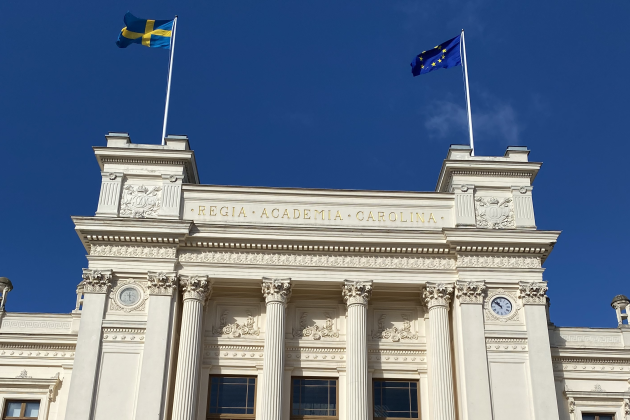

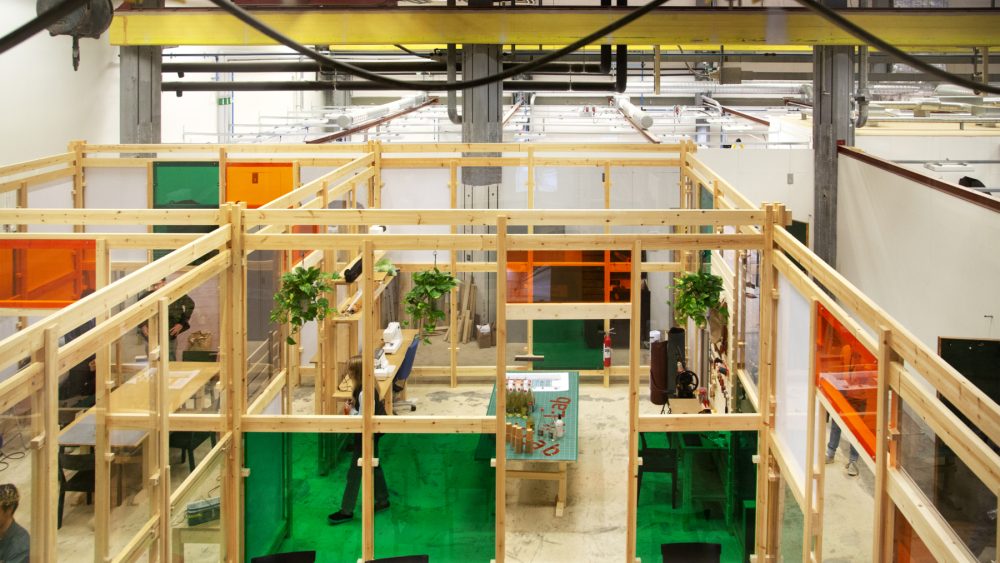

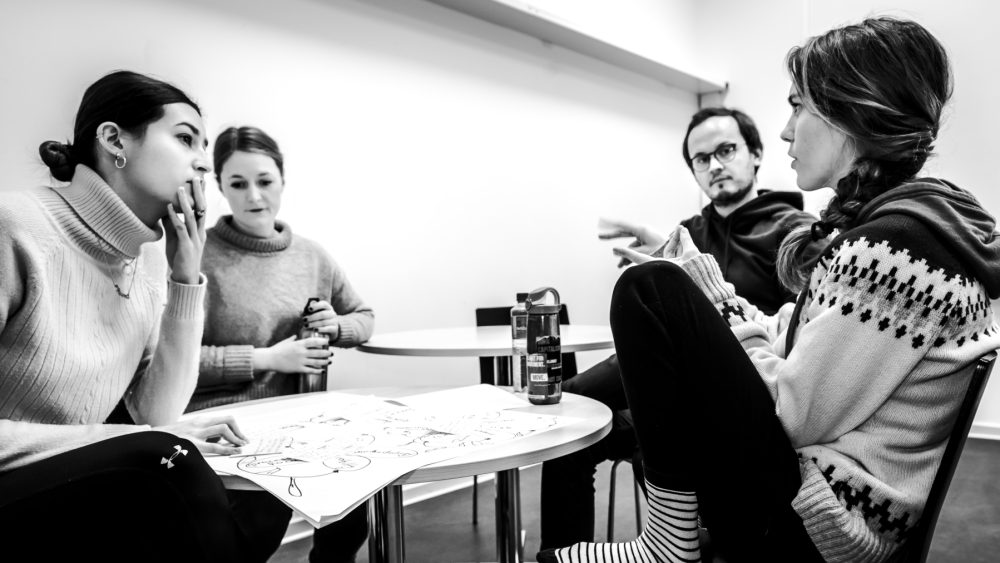
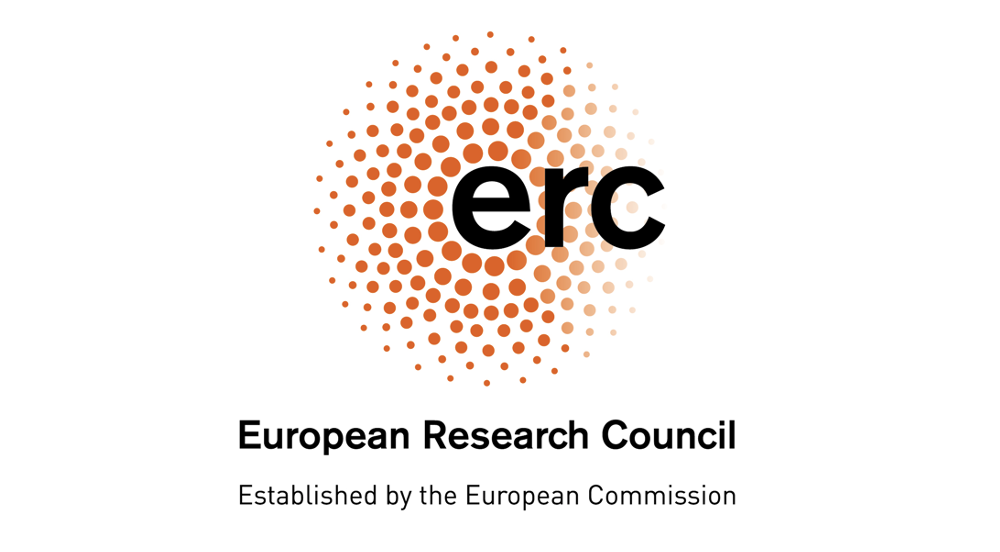
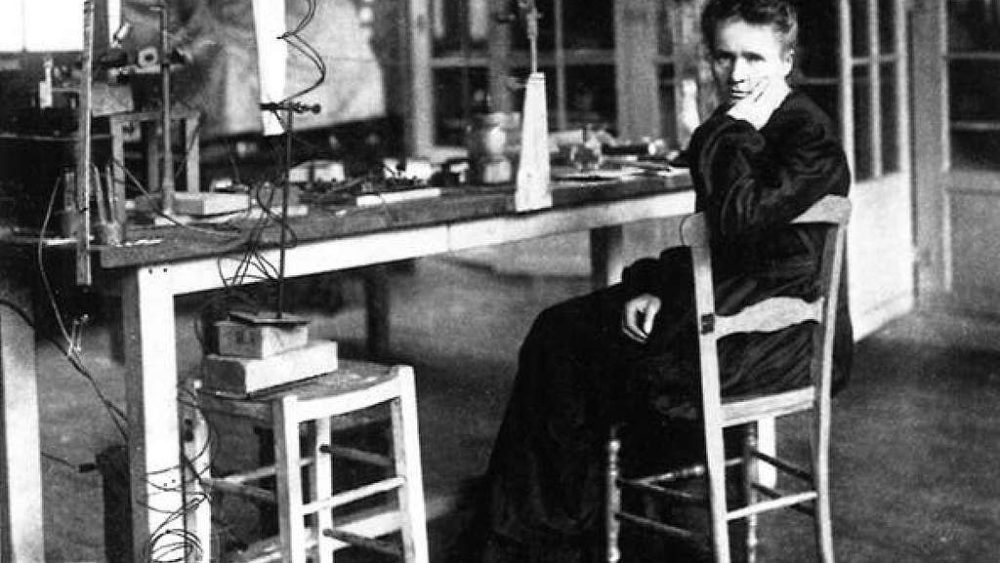


Kommentarer